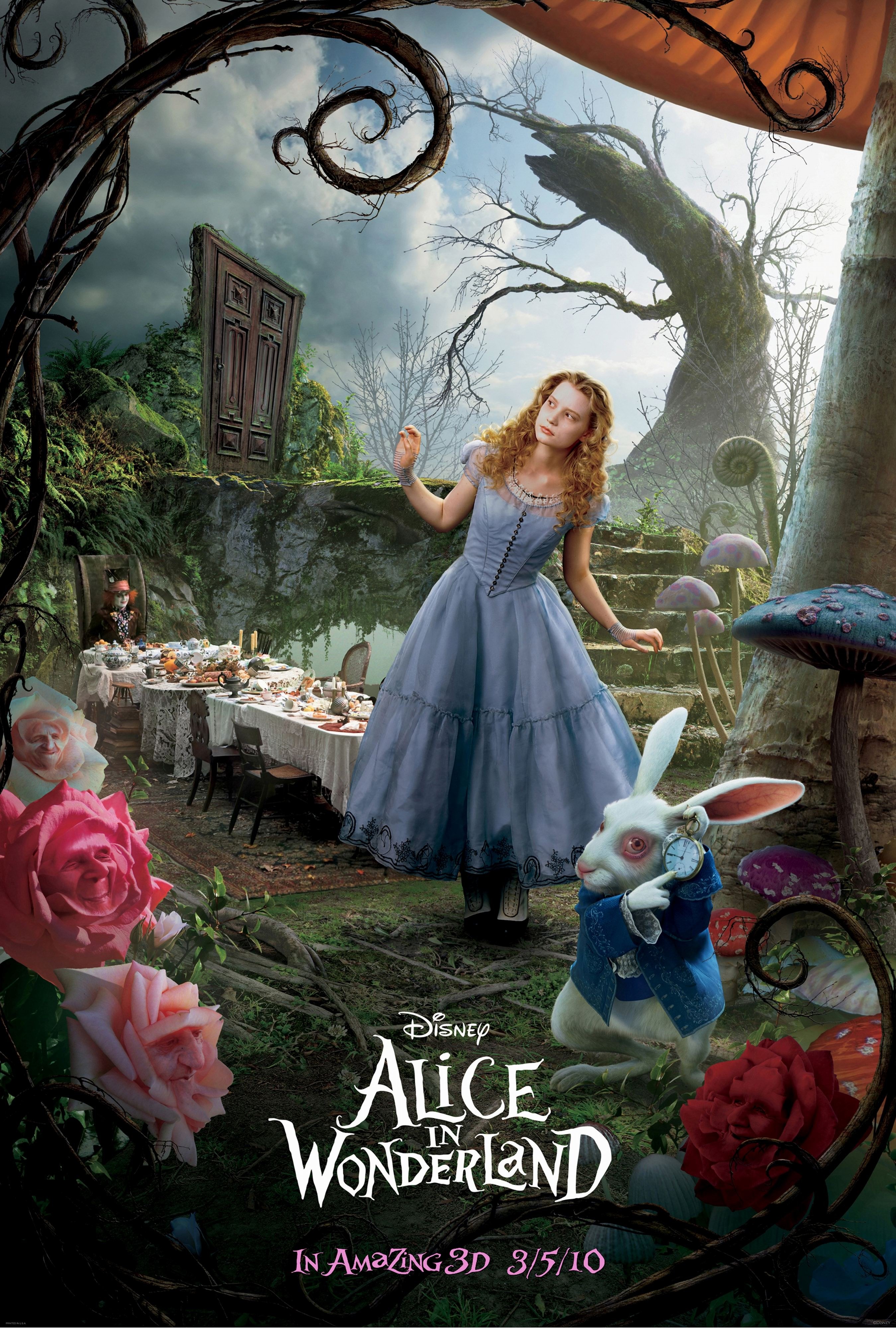Understanding Online Presence: The Discussion Around Alice Rosenblum And Digital Content
The way we interact with information online, especially when it concerns individuals, is a topic that truly deserves a lot of thought. It's almost, in a way, like navigating a vast, ever-changing ocean of data, where every search term can lead to countless different perspectives and discussions. When people look up names like "alice rosenblum nudes," it often brings to light broader conversations about privacy, public image, and the digital footprint we all leave behind in this connected world.
It's fascinating, really, how a simple search can spark so many questions about what's out there, who controls it, and how we, as users, make sense of it all. You know, the internet is this incredibly powerful tool, allowing for instant access to so much, but with that comes a pretty big responsibility for all of us.
This article aims to explore the bigger picture behind searches like "alice rosenblum nudes," focusing on the important ideas of online identity, personal boundaries in the digital space, and how information about individuals tends to spread. We'll be looking at the general landscape of online content, rather than any specific details, which is a bit like looking at the forest instead of just one tree, if that makes sense.
Table of Contents
- Biography and Public Perception
- The Digital Footprint and Privacy
- Navigating Online Information
- The Evolving Nature of Online Identity
- Supporting Ethical Content Creation
- Frequently Asked Questions
Biography and Public Perception
When a name becomes a focal point for online searches, especially for terms like "alice rosenblum nudes," it naturally raises questions about the person behind the name. It's a rather common thing for individuals, whether they are public figures or not, to find their identity being shaped, or perhaps even reshaped, by the digital narratives that circulate about them. For Alice Rosenblum, as with many others whose names appear in trending searches, the public's perception is often built upon what's readily available or discussed online, which, you know, isn't always the full story.
In many cases, the information people find can be quite fragmented, or sometimes even misleading. This is a bit like piecing together a puzzle with only some of the pieces, so it's hard to get a complete picture. The internet, you see, has this way of amplifying certain aspects of someone's presence, which might overshadow other parts of who they are or what they do. We don't have extensive public biographical details for Alice Rosenblum that are separate from the context of online content discussions, so it's important to think about how online searches can frame a person's entire public image.
It's a really interesting challenge, isn't it, for anyone to manage their online identity in today's world? People often develop a public persona that's distinct from their private life, and the lines can sometimes get a little blurry, particularly when content spreads widely. This whole situation, in a way, highlights the ongoing discussion about how individuals are portrayed and perceived in the vast digital space, and what that means for their reputation and personal well-being.
The Digital Footprint and Privacy
Every time we go online, we're leaving behind what's often called a "digital footprint," and this is something that's really worth considering. This footprint is basically a trail of data we create, from the websites we visit to the things we share and even the searches we perform. For individuals like Alice Rosenblum, or honestly, anyone whose name might come up in various online discussions, this footprint can become quite complex, shaping how others see them, so it's a big deal.
The concept of digital privacy, then, becomes incredibly important. It's about having some control over what information about us is out there and how it's used. In a world where content can be shared globally in an instant, maintaining personal boundaries online is, you know, a pretty big task. There are often discussions about consent, especially when it comes to personal images or videos, and whether someone has truly agreed to their content being seen in certain ways or places.
This whole situation brings up questions about what information should be public and what should remain private. It's a bit like trying to keep a secret in a very busy town square, if you can imagine that. The challenges are real, and they highlight the need for greater awareness about digital rights and the responsibility of platforms and users alike to respect individual privacy. Understanding these dynamics is, in some respects, pretty crucial for everyone using the internet today.
Navigating Online Information
When you're looking for information online, especially about a person or a topic that's been discussed widely, it's really helpful to approach it with a discerning eye. Searches for terms like "alice rosenblum nudes" can lead to a lot of different sources, and not all of them are, you know, equally reliable or respectful. It's a bit like trying to find your way through a busy market, where some stalls offer genuine goods and others might be selling things that aren't quite what they seem.
One of the most important things we can do is to think critically about where the information is coming from. Is it a reputable news site, a personal blog, or perhaps a forum? Each type of source has its own way of presenting information, and understanding that can help you figure out how much to trust it. It's also pretty important to consider the context of what you're seeing; sometimes, things taken out of their original setting can look very different, which is something to keep in mind.
For anyone trying to understand a person's online presence, it's often best to look for official statements or verified accounts if they exist. However, in many cases, especially for individuals who might not have a formal public platform, this isn't always possible. This makes the job of navigating online information even more challenging, and it really underscores the need for everyone to be thoughtful about what they consume and what they share. Learn more about digital presence on our site, and link to this page understanding online content.
The Evolving Nature of Online Identity
Our online identities are constantly changing, aren't they? What we put out there today, and what others say about us, can shape how we're seen tomorrow. This is particularly true for anyone whose name becomes associated with specific search terms, like "alice rosenblum nudes," where the digital narrative can, you know, really take on a life of its own. It's a bit like a living, breathing story that's always being written, and sometimes, others are holding the pen.
People are increasingly aware of the impact their digital footprint has on their lives, both personally and professionally. This awareness is leading to new ways of thinking about how we present ourselves online, and how we protect our personal space. It's a learning process for everyone, as the rules of the digital world are, in some respects, still being figured out. For instance, what was considered acceptable to share a few years ago might be viewed very differently now, which is pretty interesting.
The discussion around online identity also touches on the idea of self-expression versus privacy. How much of ourselves do we want to share with the world, and what are the potential consequences of that sharing? These are questions that many people, including those who find themselves in the public eye through online searches, are grappling with. It's a very personal balance, and one that tends to be unique for each individual, so there's no single right answer, really.
Supporting Ethical Content Creation
In this digital age, where content is everywhere, it's really important to think about how that content is made and shared. When discussions arise around terms like "alice rosenblum nudes," it naturally brings up the broader topic of ethical content creation and consumption. It's about making choices that respect individuals and their privacy, which is, you know, a pretty fundamental principle.
Supporting creators who prioritize consent and respectful representation is one way to encourage a healthier online environment. This means looking for content that is clearly authorized and that respects the boundaries of the people involved. It's a bit like choosing to support businesses that operate fairly and treat their employees well, if you think about it that way. Every click, every share, and every view can, in a way, contribute to the kind of internet we all want to see.
For those who create content, understanding the implications of what they share is also key. The digital world offers incredible opportunities for expression and connection, but with that comes a responsibility to consider the impact on others. This includes being mindful of how personal information is handled and ensuring that any content involving individuals is shared with their full and informed permission. This ongoing conversation about ethics in content is, arguably, more relevant than ever today. For more insights on responsible digital practices, you might want to check out resources from organizations dedicated to digital privacy advocacy.
Frequently Asked Questions
What does "digital footprint" mean for individuals?
A digital footprint, you know, is basically the trail of data someone leaves behind when they use the internet. This includes things like their social media posts, comments they make, websites they visit, and even information stored about them online. It's a bit like a record of their online activities, and it can be pretty extensive, so it's good to be aware of it.
How can I protect my personal privacy online?
Protecting your personal privacy online involves a few steps, really. You can adjust privacy settings on social media, be careful about what personal information you share, use strong passwords, and be cautious about clicking on suspicious links. It's also a good idea to regularly review what information is out there about you, which is, you know, pretty helpful for staying in control.
Why is it important to think critically about online information?
Thinking critically about online information is important because not everything you see online is accurate or presented fairly. It helps you figure out if a source is reliable, understand different viewpoints, and avoid falling for misinformation. This skill is, in some respects, pretty essential for making good decisions based on what you find online, and it's something everyone benefits from practicing.

Movie Review: Alice in Wonderland (2010) | Ramblings On Readings

Alice in Wonderland (1951) Gratis Films Kijken Met Ondertiteling

Alice in Wonderland Short Story - Dream Little Star